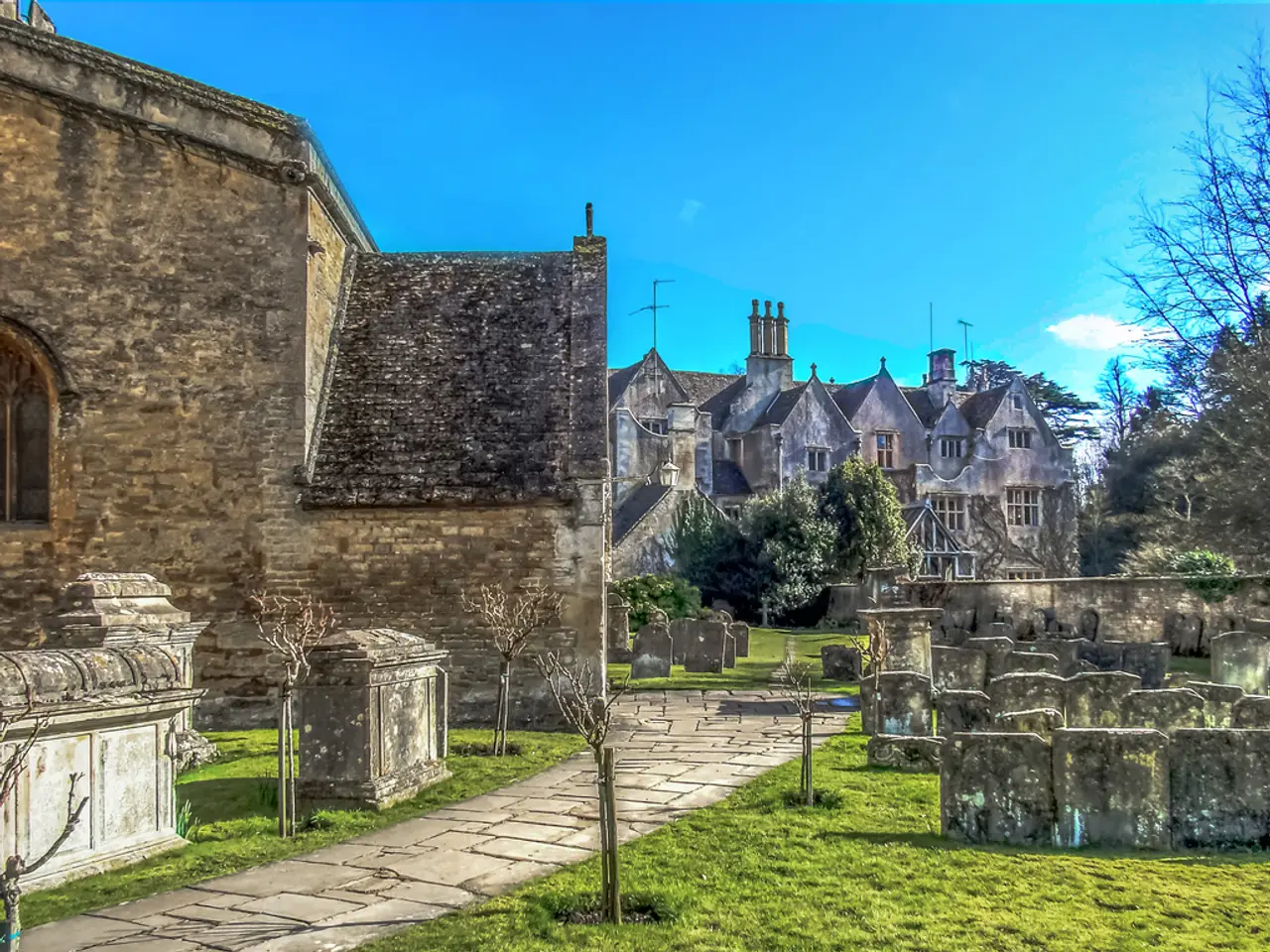Foster a green approach for enhancing adolescent psychological well-being, extending beyond Baltimore city limits
In Baltimore, the greening of vacant lots has been found to have a significant and positive impact on the mental health of teenagers, particularly those living in underresourced neighborhoods. This groundbreaking discovery comes from a study conducted by Johns Hopkins University, focusing on Project VITAL (Vacant lot Improvement to Transform Adolescent Lives).
The study, led by Kristin Mmari, aims to assess how greening might help mitigate health inequities among adolescents aged 14 to 19 in Baltimore's most impoverished, predominantly Black neighbourhoods, which have high crime and mortality rates.
Key findings include:
1. **Reduction in depression and exposure to violence-related stress:** Greening initiatives can provide moments of happiness and improve overall mental health amidst hardship, although they cannot completely overcome the intense challenges faced by these teens.
2. **Improved feelings of well-being:** The transformation of neglected, unsafe spaces into cleaner, more pleasant environments contributes to better mental states in adolescents.
The types of greening and features found to be most beneficial include:
- **Cleaning up and mowing overgrown lots** - **Removing trash and unsafe debris** - **Converting spaces into community gardens** - **Creating pocket parks** - **Introducing playgrounds** - **Adding public art such as murals**
These elements not only beautify the neighbourhood but also promote community engagement and safer, more inviting outdoor spaces for youth to gather, relax, or play.
The strongest effect found by Project VITAL is that adolescents who live within two-tenths of a mile (roughly two blocks) of a greened lot are significantly happier than those who don't.
Since 2014, the city and community groups like Baltimore Green Space, Grow Home Baltimore, and city programs like Adopt-A-Lot have been working to clean up and "green" these lots, adding vegetation and lighting to improve safety. The continued maintenance of a green space is crucial to prevent it from becoming overgrown and unkempt again.
The results of this study may help cities and communities decide that greening projects are worth investing in, as they contribute to improving teen mental health by providing safe, attractive spaces that counteract the negative environmental and social factors in underresourced urban neighbourhoods. Furthermore, involvement of young people in greening may boost their sense of belonging.
- The ongoing research by Johns Hopkins University through Project VITAL illustrates the potential benefits of sports and fitness-and-exercise activities in underresourced neighborhoods, as improving mental health of teenagers.
- The integration of health-and-wellness initiatives like community gardens, pocket parks, and playgrounds into vacant lots may significantly contribute to reducing health disparities among adolescents, according to the findings of the Project VITAL study conducted in Baltimore.
- A study led by Kristin Mmari reveals connections between food security and mental health in impoverished, predominantly Black neighborhoods of Baltimore, indicating that the improvement of overall food environment could have positive effects on teenagers' feelings of well-being and happiness.
- In the pursuit of improving public health in underresourced urban areas, encouraging science education and scientific research related to environmental factors like green spaces, crime rates, and health equity may prove crucial in fostering healthier, happier adolescents, as demonstrated by the study on Project VITAL.








